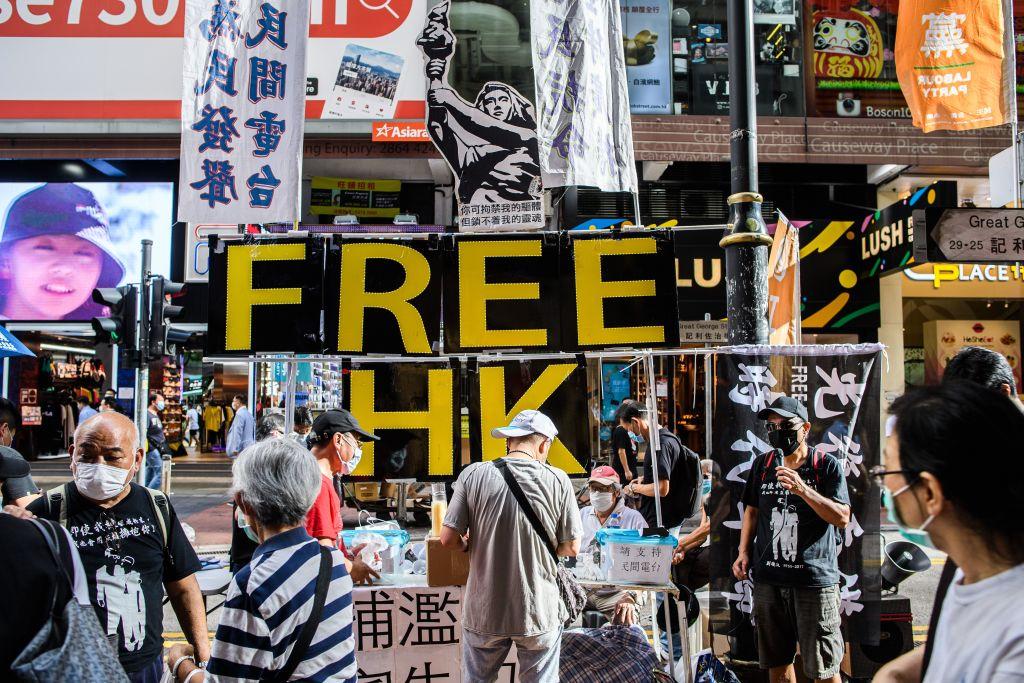The recent speech of Beijing’s highest-level official in charge of Hong Kong affairs signals that the Chinese regime may be planning on revising the city’s election law to support pro-China candidates. Critics are concerned that his move could rule out candidates from the pro-democracy camp, and that Beijing will pass new election rules to tighten its grip over Hong Kong.
Xia Baolong, director of the Hong Kong and Macau Affairs Office (HKMAO), delivered a speech on “patriots ruling Hong Kong” on Feb. 22, stating that Hong Kong should be governed by “patriots,” according to mainland Chinese media outlets.




